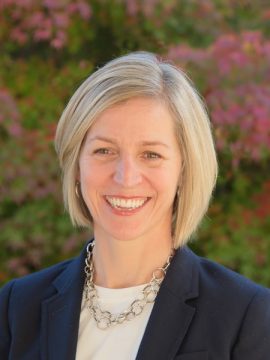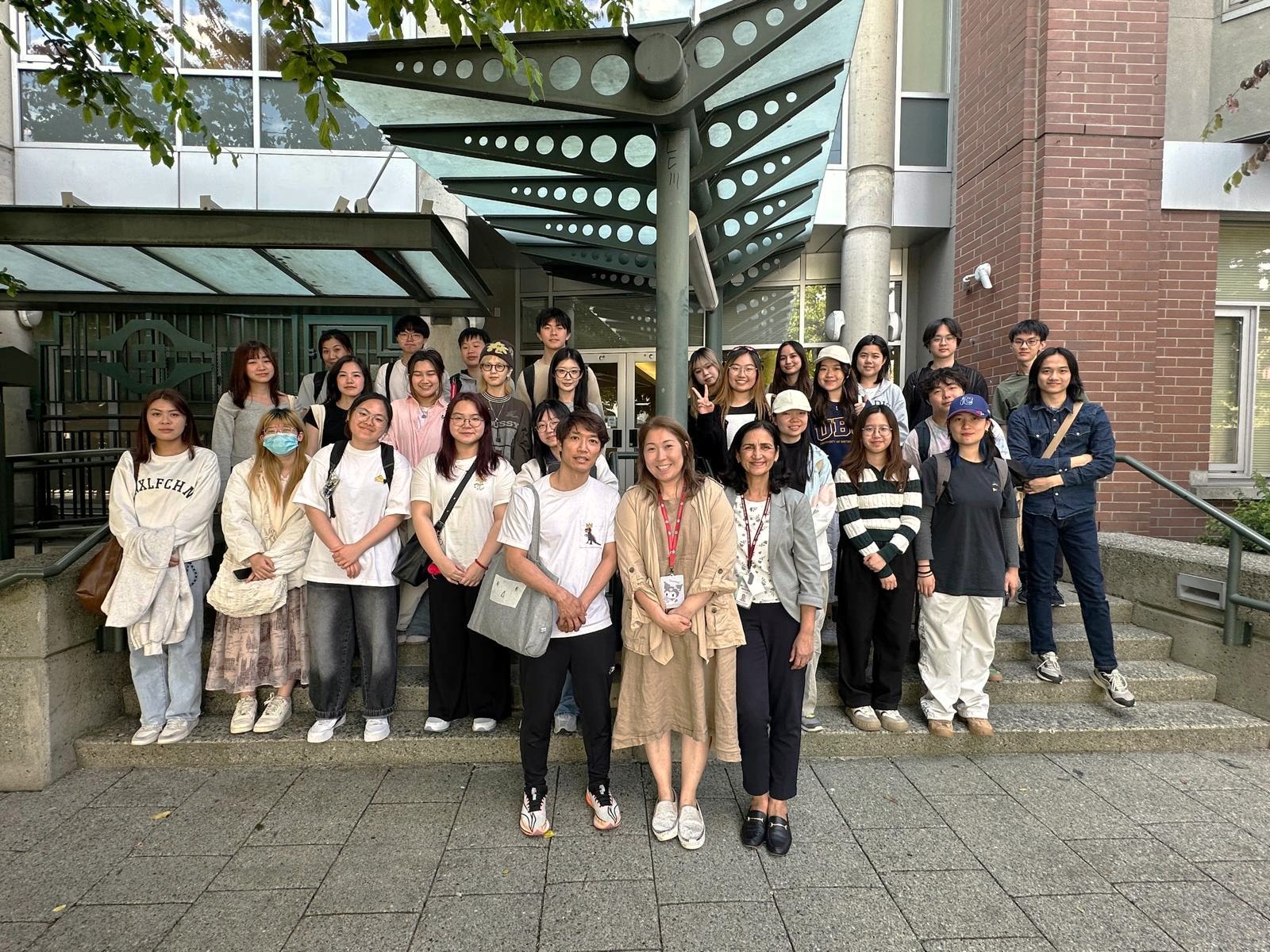Submission to The Social Lens: A Social Work Action Blog by MT O’Shaughnessy & Eli Manning, Dalhousie University
I’ve had to deal with panic attacks all my life. It’s taken until my 40s to admit that the combo pack I got at birth was depression and anxiety. And it’s been incredibly difficult to explain or even articulate to people, in ways depression hasn’t been.
A handful of years ago I had what would be the final experience with a dentist that flipped an uncomfortable process over into one that now is about managing the inevitable attack.
Recently I had to get a filling done, small thing, took in total less than 30 minutes to get done. Took me two days to recover.
What’s so fascinating about this kind of thing to me is that I, myself, know the process is simple and easy. But some part of me ramps up the adrenaline, the unspecified directional terror and the eventual physical reaction on the day of the procedure. I shook, had trouble breathing, couldn’t focus, the usual. My body flooded me with fear. With terror.
The duality of knowing rationally this is not something to fear sits in the middle of a pool of emotion, swamped by it.
When I discuss it we all, myself included, reach for a negation of that emotion. Unintentional or not the need to have a rational reaction overrides the experience. “But it’s not that big a deal.”
And yet here we are.
It’s a process I find fascinating as it is a source of much frustration throughout my life. As a gay man, as a person with HIV, even in my job as IT support, I’m often at this kind of crossroad. What is and what should be.
I still have people to this very day ask questions like “Can I get HIV from hugging you?” If the person reading this is inside the circle of research or academia or health care, as the majority of people in my life are, the response is surprise. If I’m standing in front of a class giving a lecture on HIV the inevitable “But it’s X year!” comes up when talking about working through informing a person of their serostatus for the first time.
The problem is always that we want information, understanding, knowledge, to trump emotion.
It rarely ever has.
As I sit in 2021 and look around at this latest pandemic, as a survivor of another one, I’m constantly reminded of this lesson in my life while watching the rest of the world react to the jump scares of COVID-19.
Having spent the last decade working at giving a face to at least one life with HIV, as well as a lot of space to trying to dismantle the criminalization of HIV/AIDS, I’m biased. The idea that health, choices and “sensible” are things that can be weighed against numbers of people and legislated into existence have real world examples in my life. Every day I hear heads of this, that or the other openly and publicly declare “people with communicable diseases shouldn’t be treating our most vulnerable.”
As a gay man I’ve been the target of the “slippery slope” argument and am truly reticent to use it but again, here we are.
Finally? What makes this something I’m incapable of screen capturing or sound biting? I’m an IT professional in health care. I’ve been designated for this entire COVID-19 pandemic as essential services. I went over a year without time off, worked in clinical spaces, moved through a world where others isolated. At risk and with a husband just as at risk of doing his job.
There was no safety net for me. PPE plans didn’t specify or even mention my role. I’ve been asked to go into patient rooms that physicians had protocols to avoid.
If I want to have a job, I worked regardless of my dread. If I wanted to have any credibility in my job, I kept any concerns or fear to myself, suppressing it while we discussed the concerns of coworkers who had legitimacy. While they assured themselves with Science. Information. “Well, everyone knows.”
We all found ways to self soothe.
In August of 2021, BC’s Provincial Health Officer Bonnie Henry stated there would be no exemptions from vaccine passports. Medical or otherwise. In September of the same year, a door opened to “rare” exemptions.
What has been consistent in this, in even the HIV epidemic, is the drive to do “best” by as many people as possible. Often, however, we don’t discuss that this “choice” framework explicitly marginalizes people as unimportant for the lack of statistical weight.
We have unending debates on what to do, who deserves to have those strategies applied and ultimately who has rights in comparison to whom. Now we’ve added a new rider to the arguments, over what does and doesn’t work.
It’s complicated. The house is on fire and we’re all in it. We want to fix this and we need to. It, however, shouldn’t be taken as a natural part of the process that someone has to drown in the water being used to put out the fire.
Personally, selfishly? I want everyone to be vaccinated. I want protections for all workers, not just those easily seen as at risk. I also do not want to see us create crimes of choices the majority of people wouldn’t make. Might not have to make.
What I’d hope, specifically of people in health care trying to navigate this with patients in need? Is compassion and patience.
With yourselves as much as with patients.
Listen to people. Dismissing fear as a motivator, as if it shouldn’t exist and as if there’s a moral value to the mechanics of science? Doesn’t change minds. It does seem, these days, to radicalize people in extreme directions of thinking. A person fearing the choices, real world consequences of the total loss of autonomy we’re all feeling right now, is not failing. It’s not, above all else, a sign of stupidity.
Caging choice behind inevitability and tying it to our cultural view of the worth of the person who made the choice is dangerous ground. And is, ultimately, not the job of a person trying to provide care. Care is meeting patients, meeting people, where they are and helping them navigate while being afraid. Not making their choices for them.
//
For me, you’ve really hit the nail on the head in your analysis: emotion can override rationale, reason and explanation. And I think the dilemma you’ve reflected on, that is how do we protect as many people as possible while also addressing the needs of those who are fearful. I think this is one place social workers can help people who are fearful of vaccines. We are trained to attend to people’s emotions and help them with difficult situations. This is no different, but it is also really different. This pandemic situation is still new to us despite having been in it for nearly 20 months. However, as social workers, how can we take the experiences we’ve had helping people with difficult decisions and transfer that knowledge, skill and compassion to those who are fearful of vaccines?
Like MT, I’m pro-vaccine because despite the risks the vaccines have, the risks of death, hospitalization and long-term disability from COVID are more significant. As someone who has multiple disabilities, I have often felt like society has rarely ever thought about us, our needs, desires, or life, other than as tragic or heroic stories. In this pandemic and living in Nova Scotia, which experienced significantly less COVID than many other places in the world, I kind of felt like we might be doing something right and doing right by people with disabilities and chronic conditions. There were universal precautions like social distancing and mandatory masks that protected all people. But as we move possibly out of this fourth wave, I’m concerned that removing social distancing and masks as public health precautions leaves people with disabilities and chronic conditions to fend for ourselves. We’re removing various elements of protection and relying heavier on vaccines to protect us. The risk of COVID is too great to me to put all our eggs in the vaccine basket.
I started working in HIV in the mid-90s right after the introduction of combination therapy, or drug cocktails, as they are more commonly known. People had shifted the language of safe sex to safer sex to reflect the reality that no sex is completely safe. To prevent HIV transmission, many queer people used a combination of approaches, not just one. We talked about sex, sex education, safer sex techniques, serosorting, risk of specific sexual acts, and so on. HIV treatment became a tool to add to our prevention toolboxes, but has become the dominant tool. Some scientists even suggest that there is no need to safer sex tools such as condoms and that safer sex education has failed. But for me, I prefer the approach of many strategies for prevention. This is another lesson that I think HIV can teach us about COVID. How can we help people mitigate the risks of COVID with or without vaccines?
Hopefully, MT and I have offered you some food for thought about the connections between COVID and HIV epidemics. We hope that you think critically about what role and responsibilities you have to your clients given the complexity of COVID, HIV and multiple other pandemics of systemic racism, colonialism, poverty and drug wars.
THE SOCIAL LENS: A SOCIAL WORK ACTION BLOG - The views and opinions expressed in this blog are solely those of the original author(s) and do not express the views of the UBC School of Social Work and/or the other contributors to the blog. The blog aims to uphold the School's values and mission.


